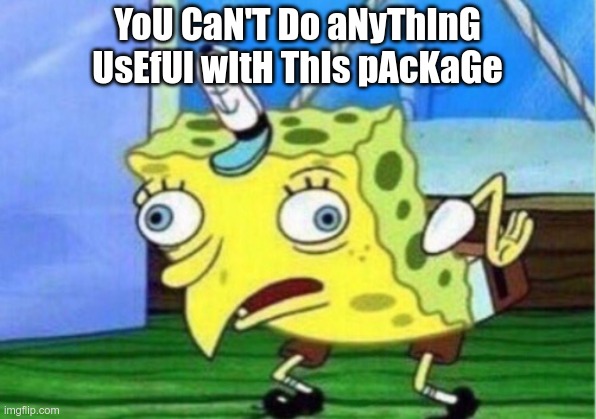The following examples demonstrate using chars objects
inside functions, no longer needing to spell out
strsplit(x, "")[[1]] every time.
library(charcuterie)
#>
#> Attaching package: 'charcuterie'
#> The following objects are masked from 'package:base':
#>
#> intersect, setdiff, unionTest Membership
Which letters are vowels (aeiou)?
vowels <- function(word) {
ch <- chars(word)
setNames(ch %in% chars("aeiou"), ch)
}
vowels("string")
#> s t r i n g
#> FALSE FALSE FALSE TRUE FALSE FALSE
vowels("banana")
#> b a n a n a
#> FALSE TRUE FALSE TRUE FALSE TRUESince %in% is vectorised, it works nicely with a
chars object
Identify Palindromes
Is a word a palindrome (spelled the same forwards and backwards)?
palindrome <- function(a, ignore_spaces = FALSE) {
a <- chars(a)
if (ignore_spaces) a <- except(a, " ")
all(rev(a) == a)
}
palindrome("palindrome")
#> [1] FALSE
palindrome("racecar")
#> [1] TRUE
palindrome("never odd or even", ignore_spaces = TRUE)
#> [1] TRUE
palindrome("go hang a salami im a lasagna hog", ignore_spaces = TRUE)
#> [1] TRUEFind Anagrams
Are two words just rearrangements of their letters?
anagram <- function(a, b) {
is_anagram <- function(a, b) {
length(a) == length(b) && all(sort(a) == sort(b))
}
sapply(candidates, \(x) is_anagram(chars(a), chars(x)))
}
target <- "stressed"
candidates <- c("started", "desserts", "rested")
anagram(target, candidates)
#> started desserts rested
#> FALSE TRUE FALSE
